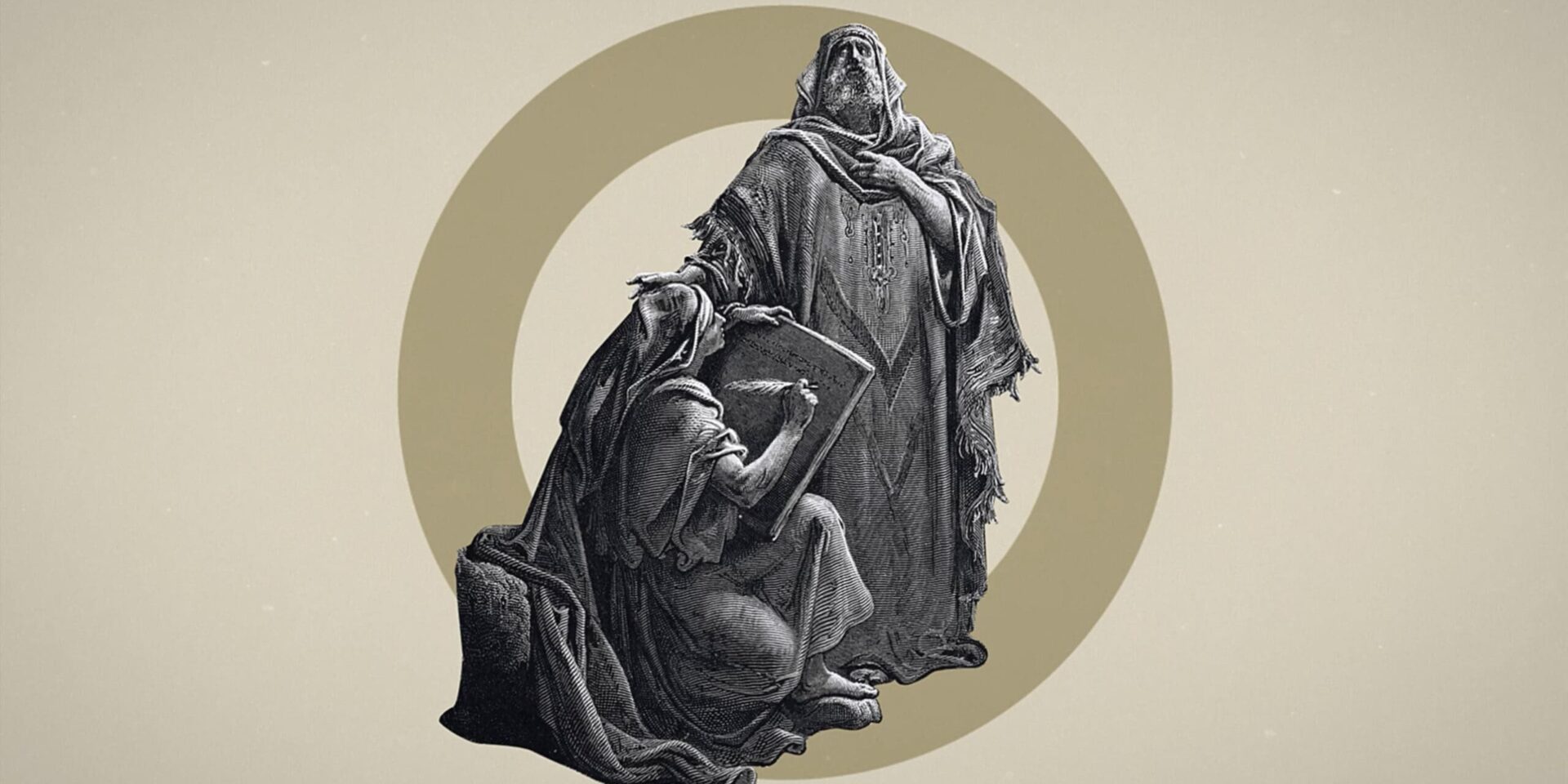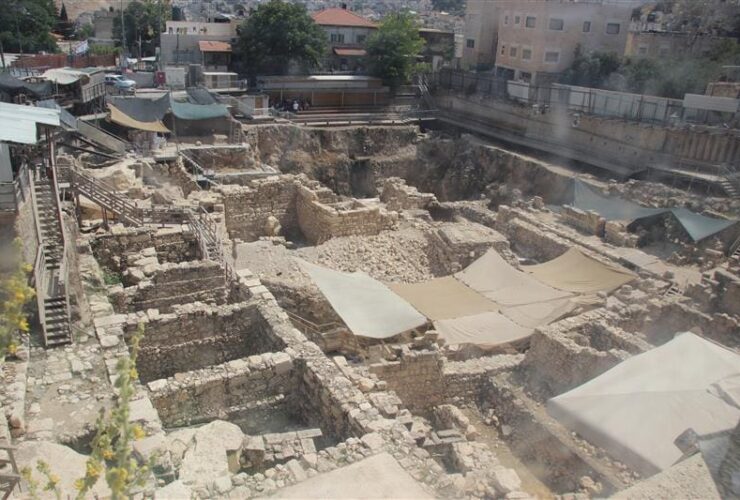Beginning in 597 BC, eleven years before the destruction of Jerusalem, Nebuchadnezzar enacted the first wave of deportations of citizens of Jerusalem to his Babylonian Empire. This first exile was a show of his power and an attempt to squash any spirit of rebellion or independence in Judah and Jerusalem. As rebellions continued, Nebuchadnezzar would call for at least two more rounds of deportation, one following the destruction of Jerusalem and the Temple (586 BC), and one to squash ideas of revolution several years after the Temple’s fall (582 BC).
The Biblical accounts of the exiles in Babylon follow people like the prophet Ezekiel whose personal life isn’t expounded, and the prophet Daniel who worked in the courts of Babylon in a privileged class with some of his other Judean captives. However, only a small number of exiles were taken under the wings of Nebuchadnezzar’s palace administrators, the fate of the vast majority of Judeans are not chronicled in the Bible. The Biblical notes that do exist are from the prophet Jeremiah who urges the people to settle in Babylon, participate in everyday life and commerce because God’s judgment will last for a while (Jer. 29:4-7).
Today, it is known that exiled Judeans took Jeremiah’s words to heart. Found ancient texts have been translated coming from a city that was variously called Judah Town (Al-Yehuda), the city of the Judeans, or New Jerusalem. This was one of the cities that Nebuchadnezzar gave to the exiled Judeans to live, it may have been an old, abandoned city, or perhaps it was brand new, either way the exiles would have been charged with building it up and becoming profitable citizens. At first, their dependence on the Babylonians must have been great. Imagine being taken from your home and placed in a completely different country, economy, society, and environment and asked to farm and live. Much of your farming knowledge would not apply in this new ecosystem, your knowledge of edible and medicinal plants would be different, and you’d have to a new language, and social political structure.
“But seek the welfare of the city where I have sent you into exile, and pray to the Lord on its behalf, for in its welfare you will find your welfare.”
Jeremiah 29:7
Nevertheless, this is exactly what many of the exiles did. Today, Judean individuals are identified from Babylonian records by their names that incorporate elements of God’s proper name. But not all Judeans had those names, some family records even show children receiving Babylonian names.
From the Judeans that can be recognized there is a clear progression of success from generation to generation, beginning quite humbly with barley as their grown commodity and branching out to land, grain, animals, and dates.
Judah Town was not the only city of its kind, Nebuchadnezzar exiled many peoples and gave them many towns. Intriguingly there was one near Judah Town called the Town of the River Kabara, which may be the city where Ezekiel lived and received his visions by the River Chebar (Ezek. 1:1-2).
The fate of all Judeans was not to become successful businessmen, it is quite likely that many Judeans struggled near the bottom of society, others received the designation of “royal merchants”, and still others found themselves in the royal records of Babylon as officials of the King himself, or the children of officials. Just as in every society, there was surely a variety of outcomes for exiled Judeans, but the discover of these ancient records of Judah Town, Nippur, Susa, and Sippar help us trace the lives of the remnant of Judah.

Corie Bobechko is a daily co-host, speaker, and writer of Bible Discovery. She also hosts a YouTube channel that shows how history and archaeology prove the Bible. Her heart for seekers and skeptics has led her to seek truth and share it with others. Corie also has a Bachelor of Theology from Canada Christian College.
• Laurie E. Pearce, “How Bad Was the Babylonian Exile?” Biblical Archaeology Society Magazine, Library. Published on September/October 2016.
https://www.baslibrary.org/biblical-archaeology-review/42/5/7
• Jonathan Stokl, “Exile and Return: The Babylonian Context”
• Angelika Berlejung, “Social Climbing in the Babylonian Exile (Leipzig and Stellenbosch)”
• Leipziger Altorientalistische Studien, Herausgegeben von, Michael P. Streck, Band 5






